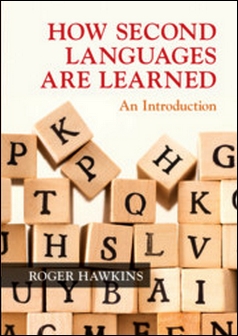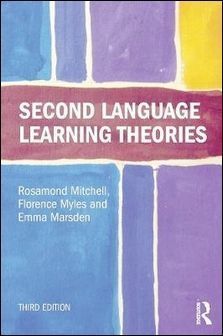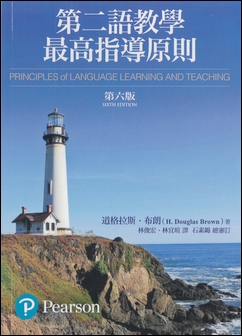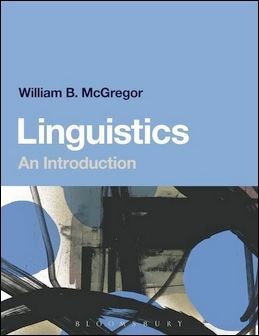書籍分類
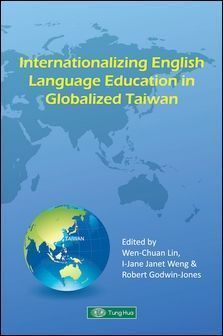
Internationalizing English Language Education in Globalized Taiwan
作者:Wen-Chuan Lin, I-Jane Janet Weng, Robert Godwin-Jones
原價:NT$ 550
ISBN:9789574839537
版次:1
年份:2018
出版商:東華書局
頁數/規格:272頁/平裝單色
版次:1
年份:2018
出版商:東華書局
頁數/規格:272頁/平裝單色
內容介紹
- Introduction and Overview
Wen-Chuan Lin and Robert Godwin-Jones
For decades, English as a foreign language (EFL) has been generally assumed to be the essential element in global communication, not to mention in today’s world where one is likely to have more encounters (online or in person) with people from different cultures. Crystal (2003) described English as a “global language” and people in Taiwan as well as in other countries in Asia tend to view anything involving English positively. Learning English as a global language is considered by many as vital to Taiwan’s economy in terms of providing access to the world community, and is viewed as one of the means to success in its economic globalization and modernization. Being able to speak English carries significant prestige, and it is generally believed that speaking better English fuels upward mobility in terms of career and social status (Lin & Byram, 2016). This social phenomenon exists not only in Taiwan but also in other Asian countries, such as China, Japan and Korea (see the Afterword).
In an age of rapid globalization, the process of interacting with people who are different from oneself in fundamental ways related to appearance, language, worldviews, or a number of other categories has become part of our everyday lives, for example, in multilingual, multicultural communities or in culturally diverse families (Godwin-Jones, 2018). Since, the majority of human societies nowadays inevitably need to deal with multiple cultures and multiple languages, this gives rise to a growing public interest in the capacity for communicating across the world in English as a common global language, as a lingua franca (Dewey, 2007).This concern is accelerating as technological advances today have played a major role in bringing people together, facilitating the process of globalization.
The Internet has reached the remotest corners of the world. People are now able to see and appreciate differences in culture, way of life, and ways of interpreting the world at the click of a button. The knowledge of and skills in using information technology in EFL teaching and learning has become a new form of “literacy”, or “new literacies” (Lankshear & Knobel, 2003) that are crucial in our educational system today. This has also resulted in a significant call for the development of intercultural communication, for 21st-century citizens to meet a visible increase in the need and desire to be interculturally sensitive and competent. An experience living abroad or in close contact with those from another culture can lead to dramatically changed perspectives on the values and behavior patterns of one’s native country (Godwin-Jones, 2018). For this reason, the integration of education abroad for international exposure and developing intercultural communication competence is now becoming a significant part of EFL education in Taiwan and abroad.



